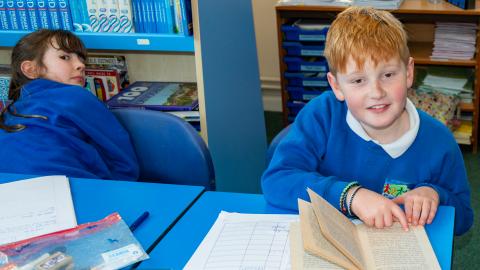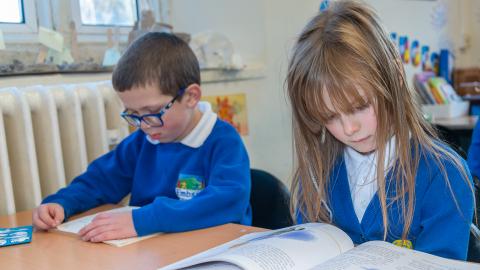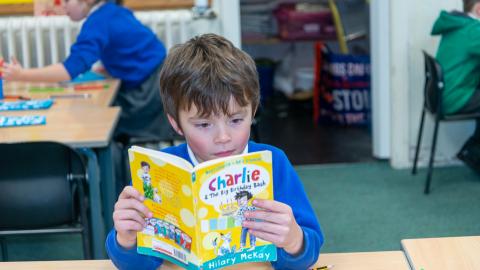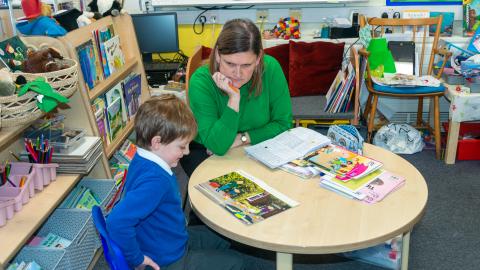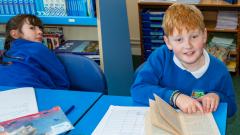|
Key Person Responsible - N Pearce / G Edward |
|
Intent At Embsay C of E School we want our children to develop a love of literature during their primary school years. We believe that a high quality education in English will teach the children:
We carefully choose the literature we expose the children to, immersing them in good quality, relevant texts which help to develop the acquisition of a wide vocabulary and provide purposeful opportunities to discuss and write about issues within our modern society. We have designed our Curriculum and enrichment activities so that the natural links between English and other subjects are deliberate and purposeful in promoting creativity and engaging all pupils and their creativity. |
|
Key Points Teaching:
|
|
Key Points Assessment:
SPAG
Statutory Spellings
Reading
|
|
Supporting Documentation
|

